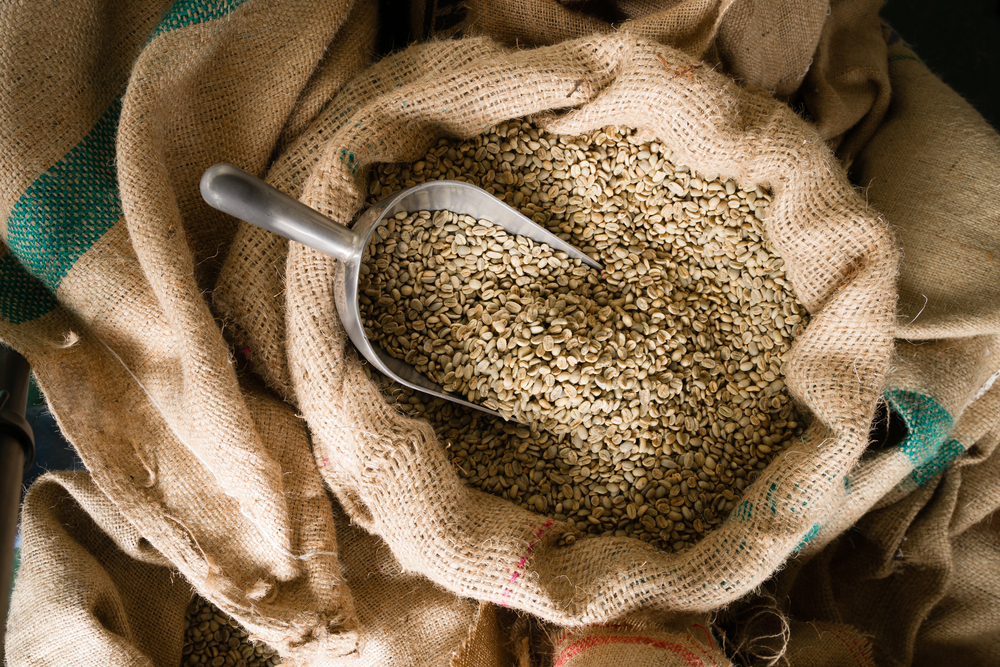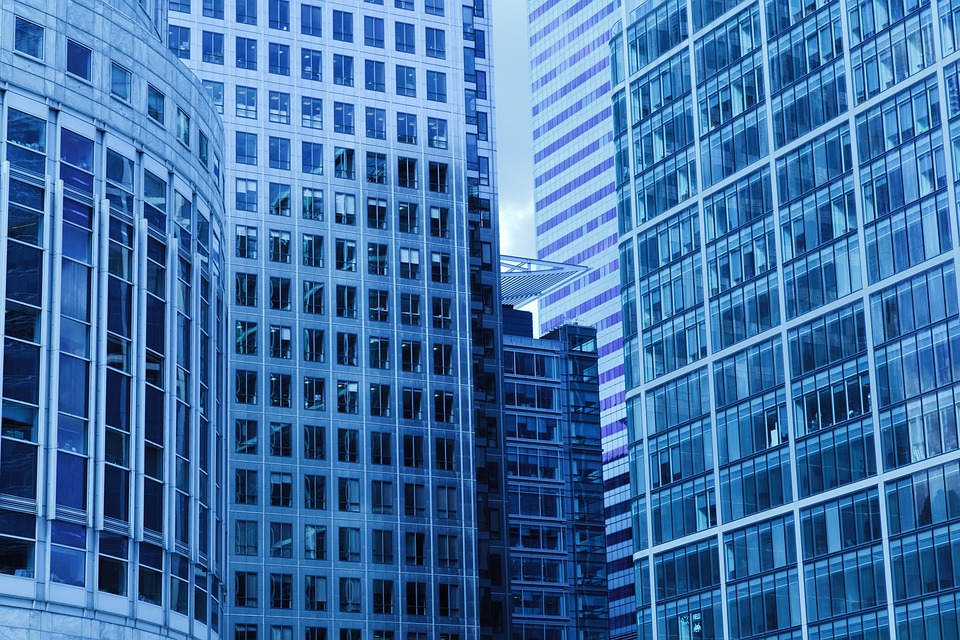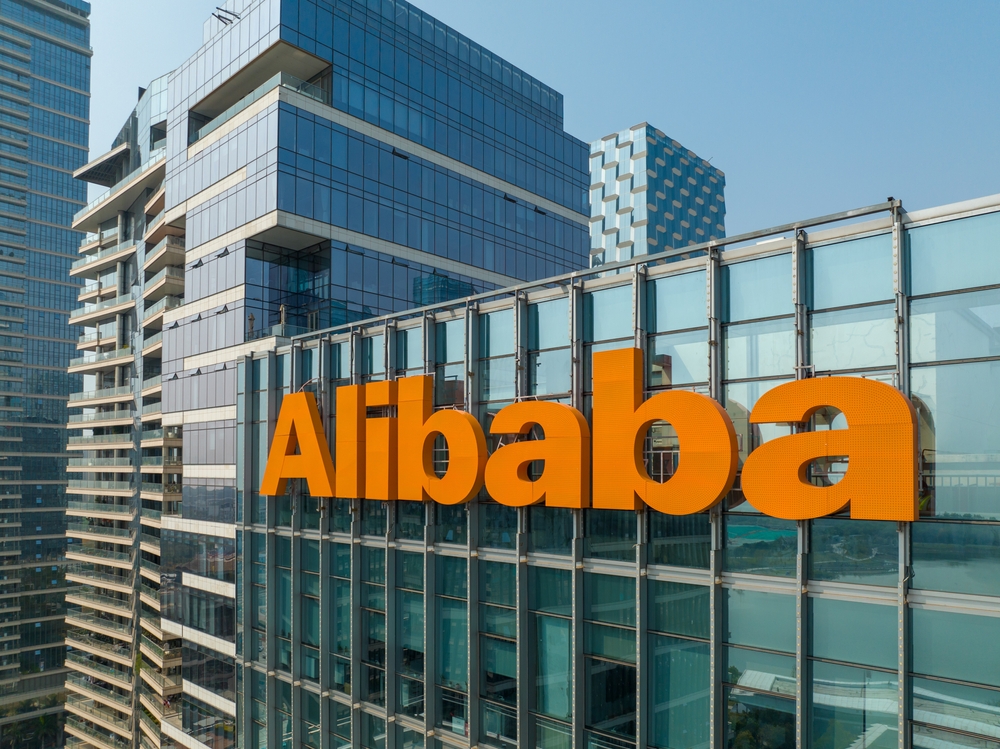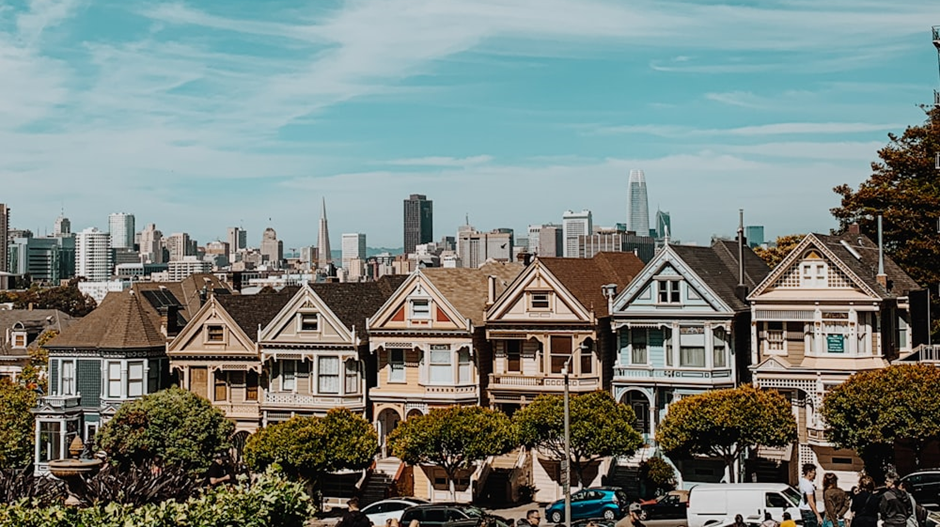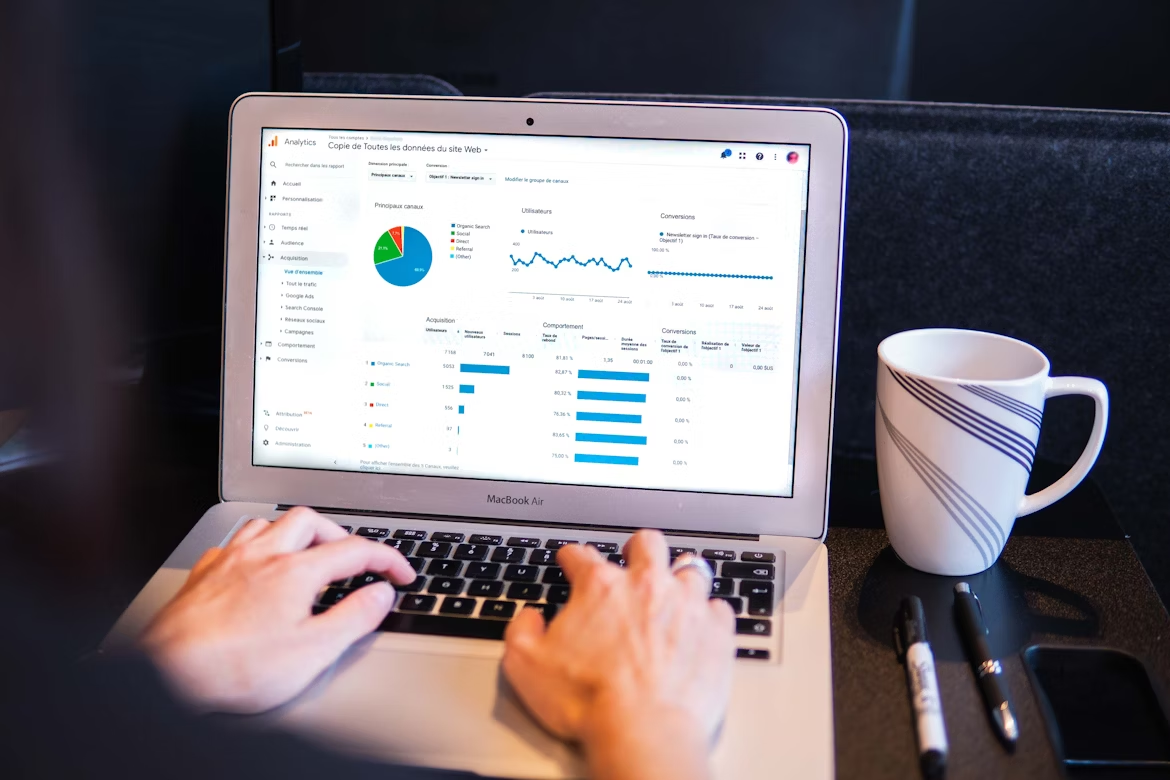In the recovery period right after the pandemic hits, interest rates are kept low by the federal reserve to stimulate the economy and boost it into recovery status. Money printing machines were overworked, and loans were given out like candy.
This free money economy has given birth to businesses with unsustainable business models and unbelievable levels of risk. The term "coronavirus economy" now refers to the economy that runs immediately after coronavirus lockdowns and is fueled by high liquidity and people working from home.
As a result, many businesses that held onto their cash during the second and third quarters of 2022 were extremely successful as they leveraged it into a high growth strategy. Companies pouring billions of dollars into "the next big thing" have become the norm during times of low interest.
For example, Zillow, an online real estate database company founded in 2006, is discontinuing its iBuying program and laying off 25% of its workforce. This summer, the company's bots, which cost them $1 billion to develop, overpaid for thousands of homes. Apparently, flipping houses isn't the most secure business model in the world, particularly during a housing boom.
Another risky business model that emerged during this era was the "Buy Now, Pay Later" program, which was implemented by a plethora of specialized and generalized companies. This high level of debt offered by low borrowing costs may contribute to one of the population's most serious spending problems.
Entering the end of 2022, interest has risen to 4% from 0.25% in 2020 and 2021. These businesses that rely on low interest rates to sustain themselves have realized their losses, and more will go bust during the tightening season. The recession hasn't yet come, but when it does, the great default will push it further into oblivion. We can just hope for the best and prepare for the worst.


